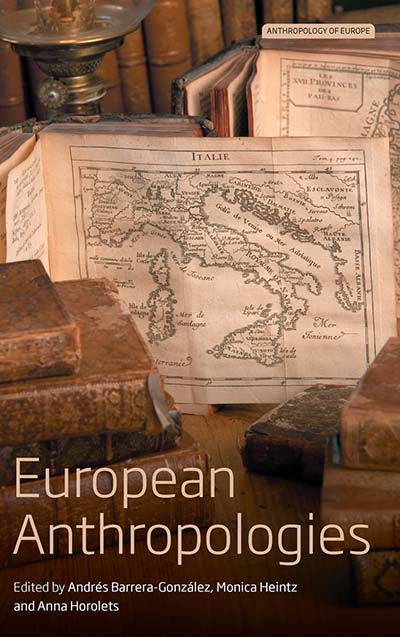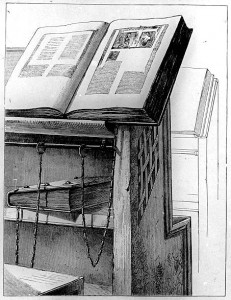by Joanna Cobley and Conal McCarthy
Researchers at all stages and levels are encouraged to publish. Academic publications, including Museums Worlds: Advances in Research, undergo a peer review process. The purpose of peer review is to ensure research integrity while encouraging new ideas, knowledges and experimental methods to emerge. In fact, peer review fosters researcher development for the researcher and reviewer, and for the entire publishing team working behind the scenes, including the journal editors, copyeditors and publishing house editors. As a result, peer review develops a dynamic community of practitioners.
Continue reading “Identity in Peer Review: Fostering New Voices by Changing Editorial Practices”



